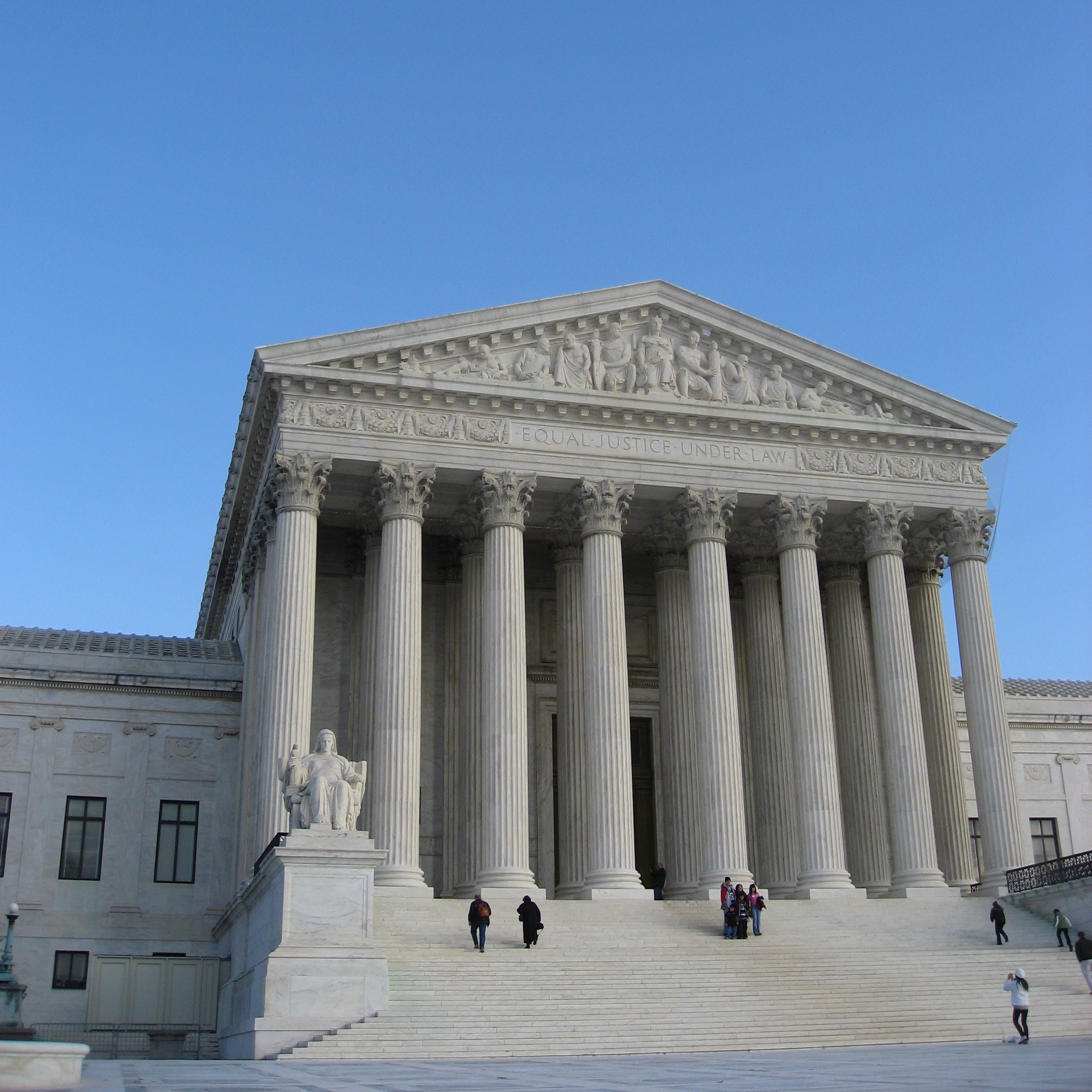New York’s Clean Slate Act Has Been Signed into Law
PLEASE NOTE: Our office has received a number of calls regarding the Clean Slate Act. The law is not yet in effect. While the Clean Slate Act has been signed into law, it will not go into effect until November 2024.
Back in 2021, we wrote a blog about a proposed law that would automatically seal criminal convictions after a certain period of time. Last week, New York’s Governor signed the bill into law. As such, New York’s Clean Slate Act will become law in November 2024.
What Is the Purpose of the Clean Slate Act?
In the United States, an estimated 70 to 100 million people have criminal records. More and more employers inquire whether a person has a criminal history during the employment process. Additionally, some employers require background checks. However, studies have shown that a criminal record is not necessarily a predictor of job performance.
Despite this, people are still discriminated against due to past convictions. Through the Clean Slate Act, the Legislature intends to curb this discrimination by sealing public access to conviction records. This sealing occurs after a person has satisfied his or her sentence and a period of time has passed during which the person has remained a law-abiding citizen.
What Does the Clean Slate Act Do?
The Clean Slate Act adds Section 160.57 to New York’s Penal Law. Specifically, automatic sealing of convictions will occur after three years for most misdemeanors and violations and after eight years for most felonies. However, there are exceptions for sex offenses and most class A felonies.
To qualify for automatic sealing after the requisite time period, a person must have no new convictions. For calculating the time period, it begins to run from the person’s release from incarceration or from the sentence date.
The act takes effect on November 15, 2024. After that date, the Office of Court Administration has three years to seal prior convictions.
Limitations of the Clean Slate Act
While the sealed records will not be public, they will remain accessible for law enforcement, including prosecutors. Additionally, sealing under Penal Law 160.57 only applies to convictions under New York State law. And note that sealing is not the same as expungement, which other states may have.
There are other situations in which conviction records may be available. For example, the records may be reviewed if an individual is being considered for certain licensing, or for employment where federal or state law requires a criminal background check. This includes jobs where a person might be working with children, elderly populations, or other vulnerable populations.
Further, the sealing will not change New York’s sentencing enhancements for prior felony convictions. Nor will it change the potential for enhancing a second Driving While Intoxicated offense to a felony if a prior conviction occurred within 10 years. Additionally, the NYS Department of Motor Vehicles is not required under the new law to seal records relating to driving related convictions.
Finally, clients who are addressing any immigration issues will still need to disclose convictions to USCIS. There may also be other circumstances where the records may be available, so it is advisable to discuss your specific circumstances with an experienced attorney.
References:
- NY Senate Legislative Session 2023-2024, Senate Bill S7551A, Relates to the automatic sealing of certain convictions. Available at: https://www.nysenate.gov/legislation/bills/2023/S7551 (last accessed Nov. 22, 2023).
- Jon Campbell, “NY to automatically seal millions of criminal convictions under ‘Clean Slate’ law” Gothamist (Nov. 16, 2023). Available at: https://gothamist.com/news/ny-to-automatically-seal-millions-of-criminal-convictions-under-clean-slate-law (last accessed Nov. 22, 2023).
Image: CC0 1.0 Universal

